The Parent's Guide to Early Literacy - Phonemic Skill Building
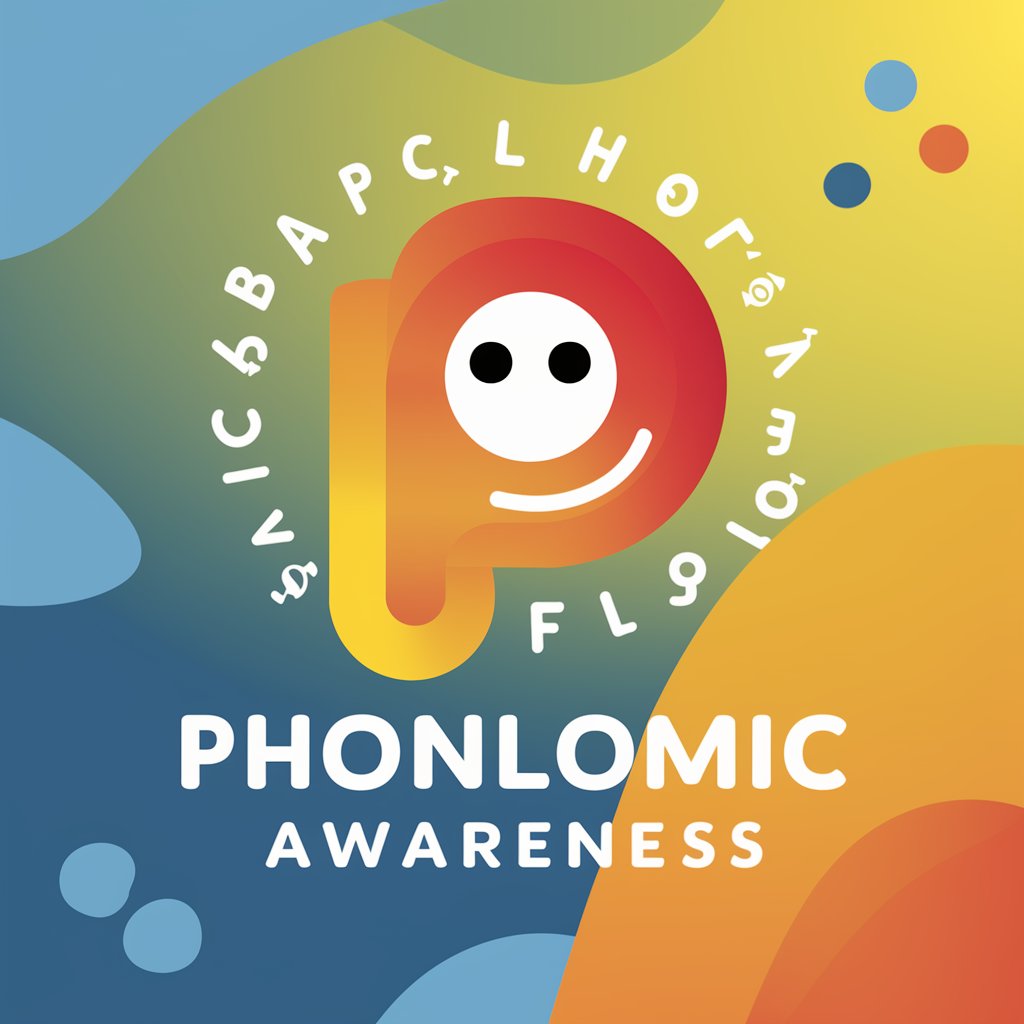
Welcome! Let's make reading fun and engaging for your child.
Empowering Early Literacy with AI
Explain the importance of phonemic awareness in early literacy.
Suggest activities to build phonological awareness for preschoolers.
How can parents track their child's phonemic awareness progress?
What strategies can parents use to engage children in phonological games?
Get Embed Code
Introduction to The Parent's Guide to Early Literacy
The Parent's Guide to Early Literacy is designed as a comprehensive resource for parents aiming to nurture phonological and phonemic awareness from the ground up. The guide serves as a step-by-step manual, offering simple, real-world examples and activities to support children's early reading skills. For instance, it includes games like rhyming word pairs and activities such as clapping syllables to enhance children's understanding of sound structures in language. It empowers parents with tools to turn daily interactions into learning opportunities, thus laying a solid foundation for literacy. Powered by ChatGPT-4o。

Main Functions of The Parent's Guide to Early Literacy
Educational Framework
Example
The guide offers a structured approach to phonological and phonemic awareness, detailing stages from recognizing rhymes and syllables to complex phoneme manipulation.
Scenario
A parent uses the guide to help a child recognize and generate simple rhymes, enhancing their phonological skills through songs and stories.
Interactive Activities
Example
Includes a variety of engaging, hands-on activities like blending and segmenting sounds, tailored to different developmental stages.
Scenario
Parents incorporate fun sound blending games like creating words from segmented sounds during play, aiding in the child's phonemic awareness.
Progress Tracking and Support
Example
Provides tips and visual aids to help parents observe and support their child's literacy progress, adjusting activities as needed.
Scenario
Using the guide's milestones and tips, a parent notes improvement in their child's ability to segment sounds and adjusts activities to focus on areas needing more practice.
Ideal Users of The Parent's Guide to Early Literacy
Parents of Pre-schoolers
Especially beneficial for parents of children ages 2-5, preparing them for school by developing foundational literacy skills early.
Educators and Caregivers
Useful for educators in preschool settings and caregivers who can integrate the guide's activities into daily routines with children.
Special Needs Educators
Provides adaptable strategies and activities that can be tailored for children with special needs, supporting diverse learning requirements.

How to Use The Parent's Guide to Early Literacy
Start Free Trial
Initiate your experience by visiting yeschat.ai for a complimentary trial, accessible without logging in or requiring ChatGPT Plus.
Read Introduction
Begin by reading the introduction to understand the fundamental concepts of phonological and phonemic awareness and their importance in reading development.
Identify Stage
Determine your child's current phonological development stage using the guidelines provided in the guide to tailor activities appropriately.
Engage with Activities
Use the interactive activities and games suggested for your child's stage to make learning engaging and effective.
Monitor and Adjust
Regularly observe your child’s progress and adjust the activities as needed to ensure they continue to challenge and engage your child at the right level.
Try other advanced and practical GPTs
Resume Analyst and Job Matchmaker GPT
Empowering Your Career with AI

Football Maestro GPT
Power Your Game with AI Insights
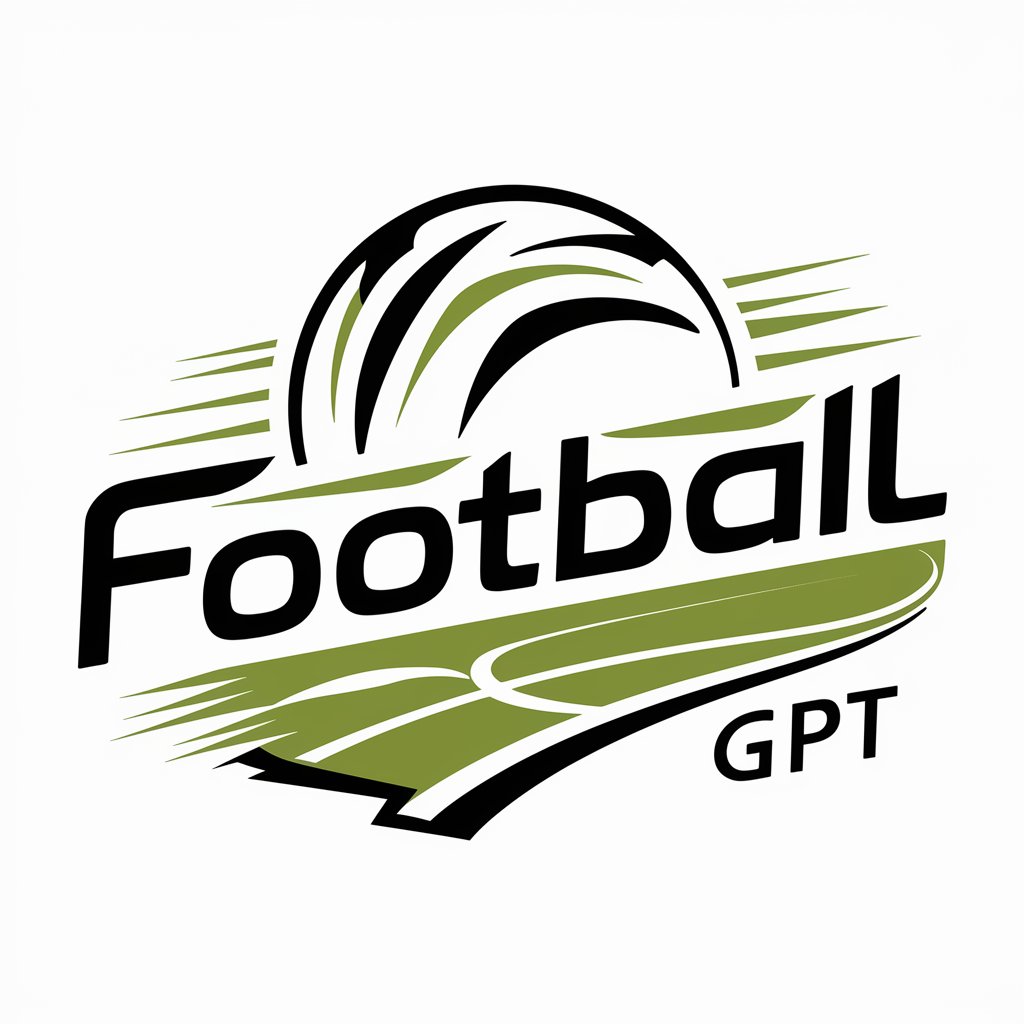
Lanora Shellbreaker
Master the wilderness with AI

Purrfect Pal
Empowering kitten owners with AI-driven guidance

Emoji Portal Architect
Crafting Gateways with Emoji Art
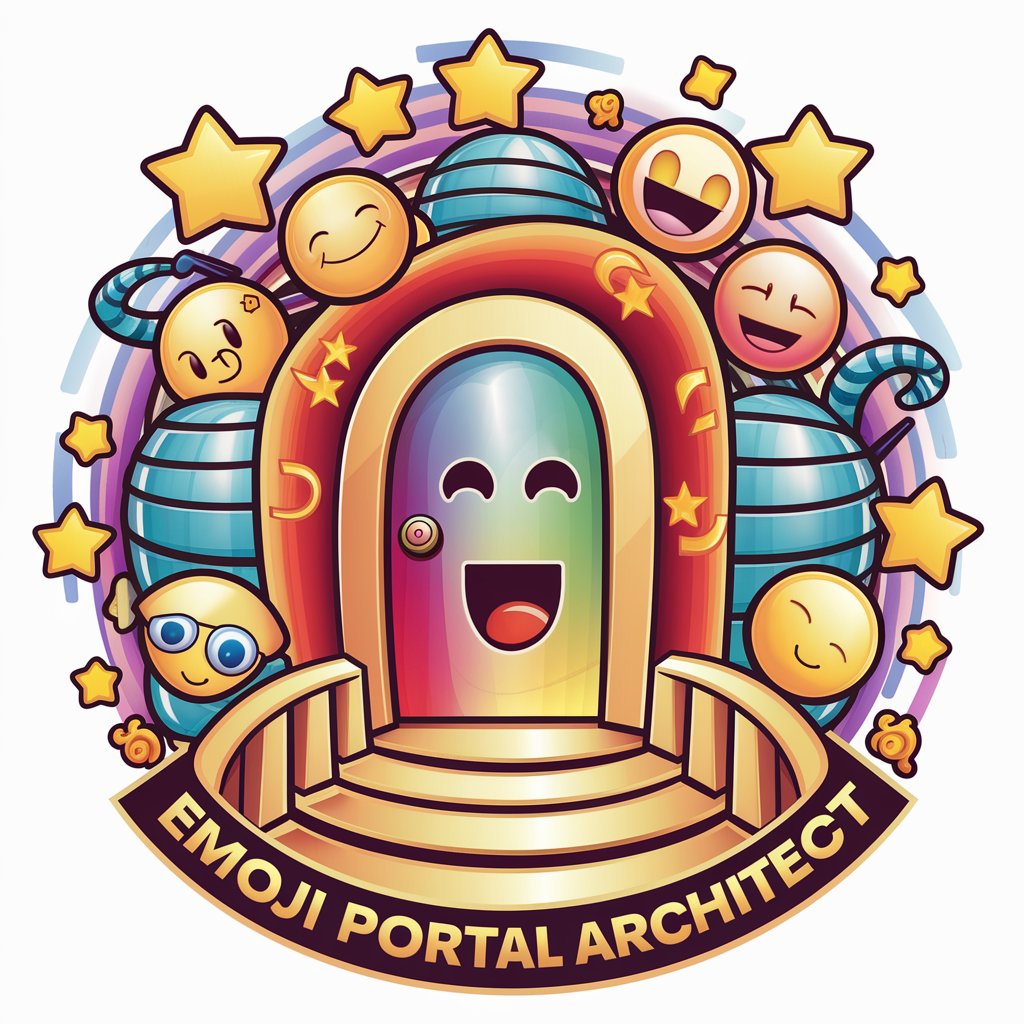
Witty Tweeter
Elevate your tweets with AI wit.

First Principles
Master Complexity with AI Simplicity
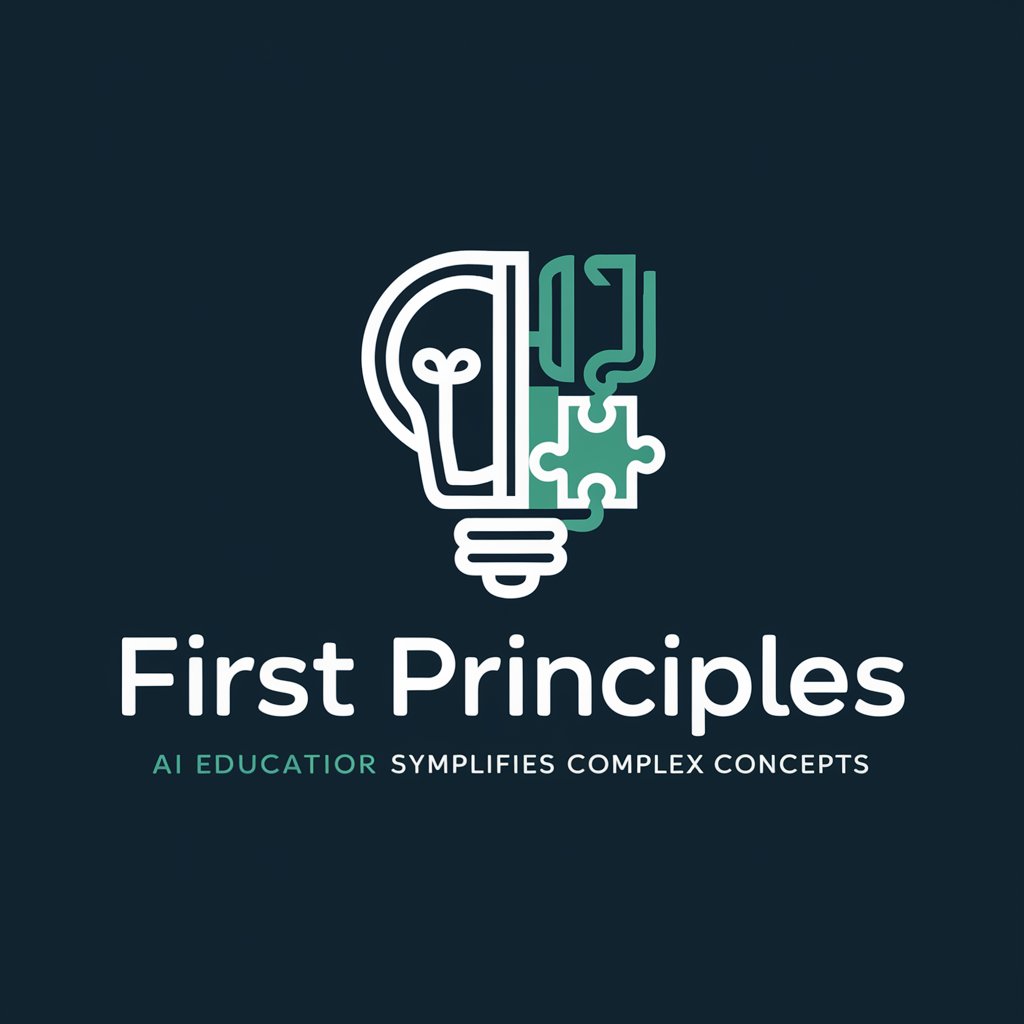
26 Principles Prompt Rewriter
Optimize Your Prompts with AI-Powered Precision

Programmer IBM iSeries
Streamline Your IBM iSeries Programming
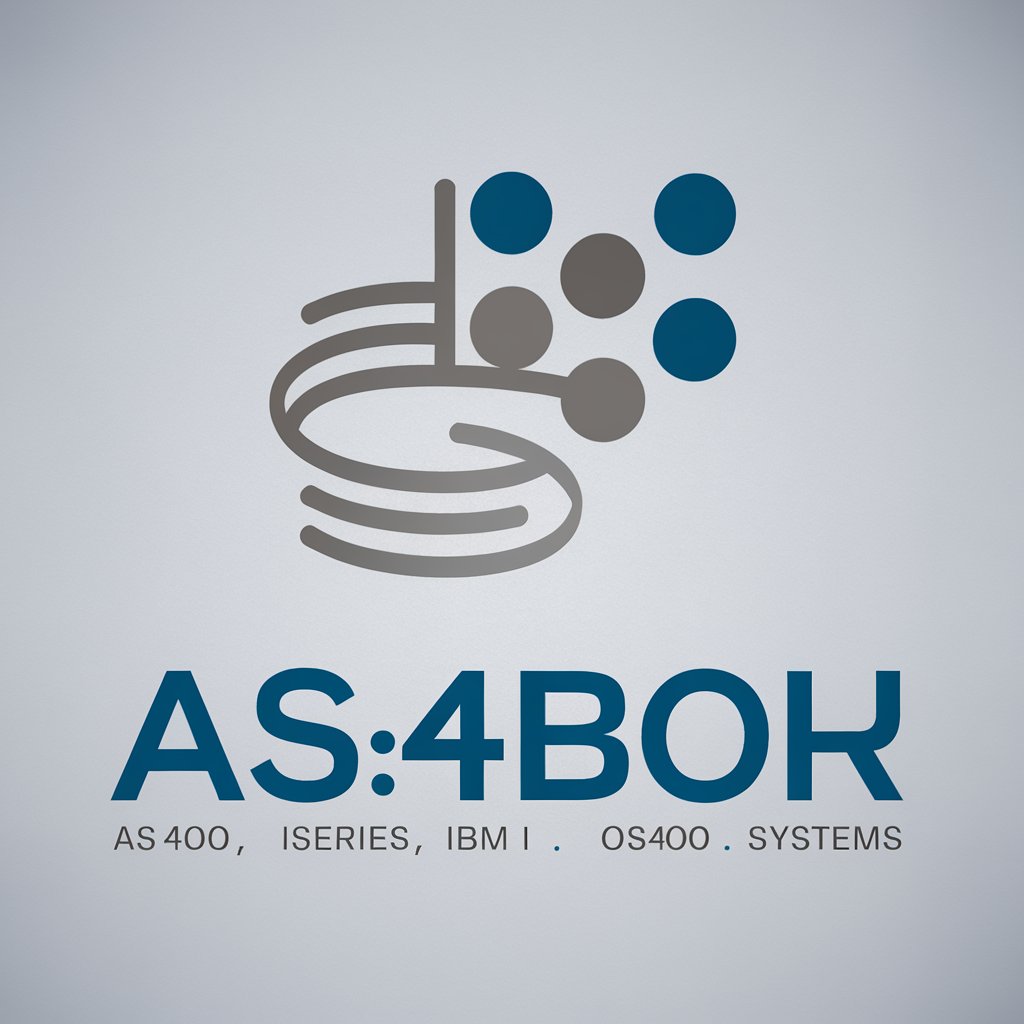
UX Design and Research. ai
Empowering UX with AI insights

Redo
Mimic Reddit, Discover Perspectives
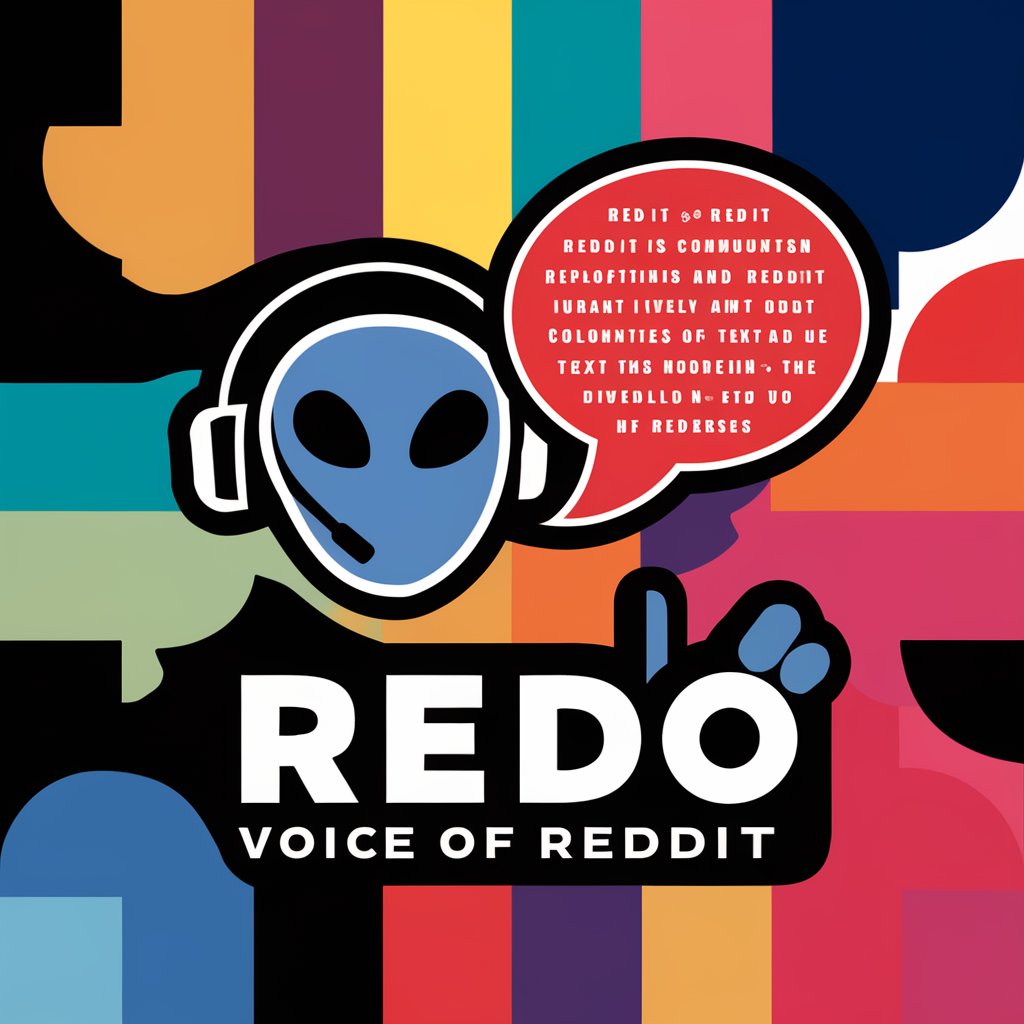
AGB Budget
Empowering financial decisions with AI
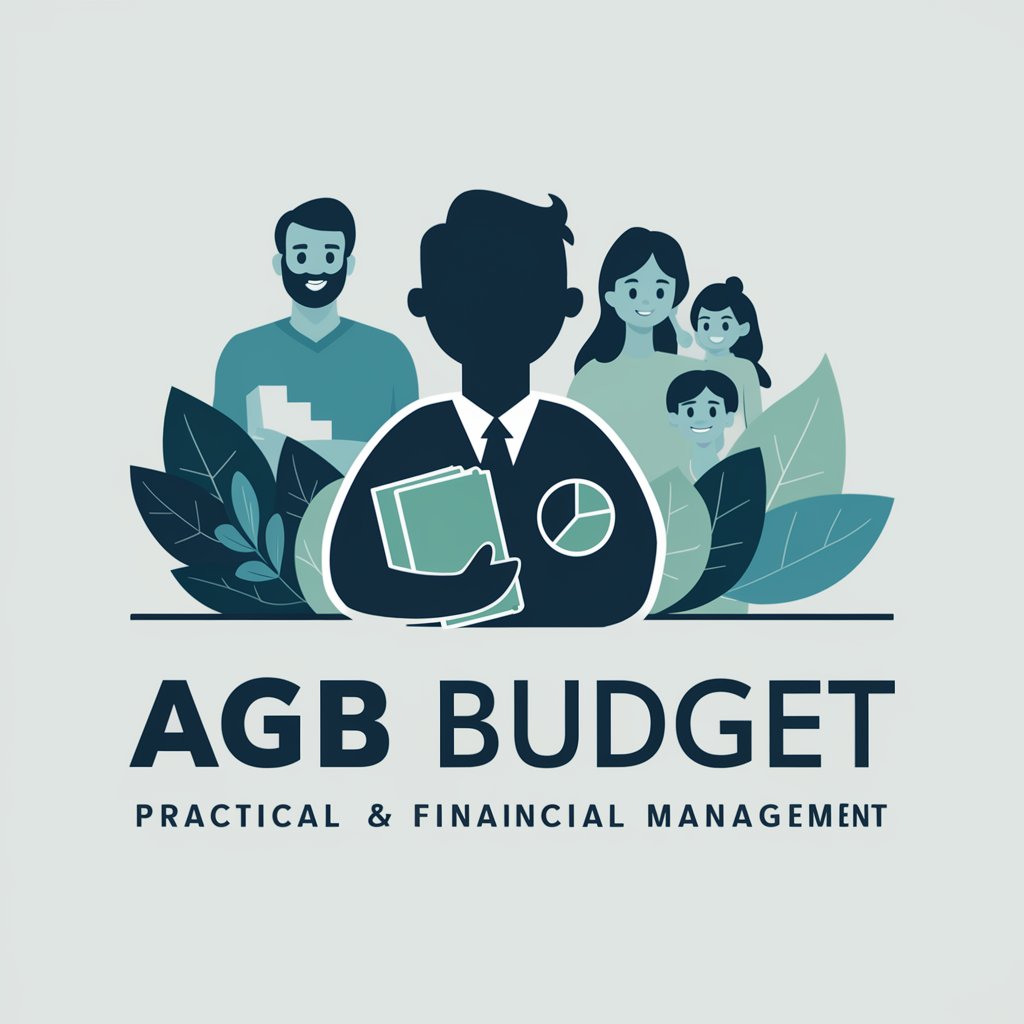
FAQ about The Parent's Guide to Early Literacy
What is phonological awareness?
Phonological awareness is the ability to recognize and manipulate the sounds of spoken language, including rhymes, syllables, and alliteration, without needing the alphabet.
How can this guide help my preschooler?
This guide provides activities and games that are tailored to help preschoolers develop phonological awareness, critical for early reading skills, through engaging and interactive methods.
Are there activities for different ages?
Yes, the guide includes activities suitable for various developmental stages, from toddlers to early school-aged children, ensuring appropriate challenges for each age.
Can I use this guide with a child with special needs?
Absolutely, the guide offers adaptations for children with special needs, ensuring that the activities can be customized to meet diverse learning requirements.
Where can I find more resources?
The guide includes a resources section with additional reading materials, online tools, and community programs to further support your child’s literacy journey.
